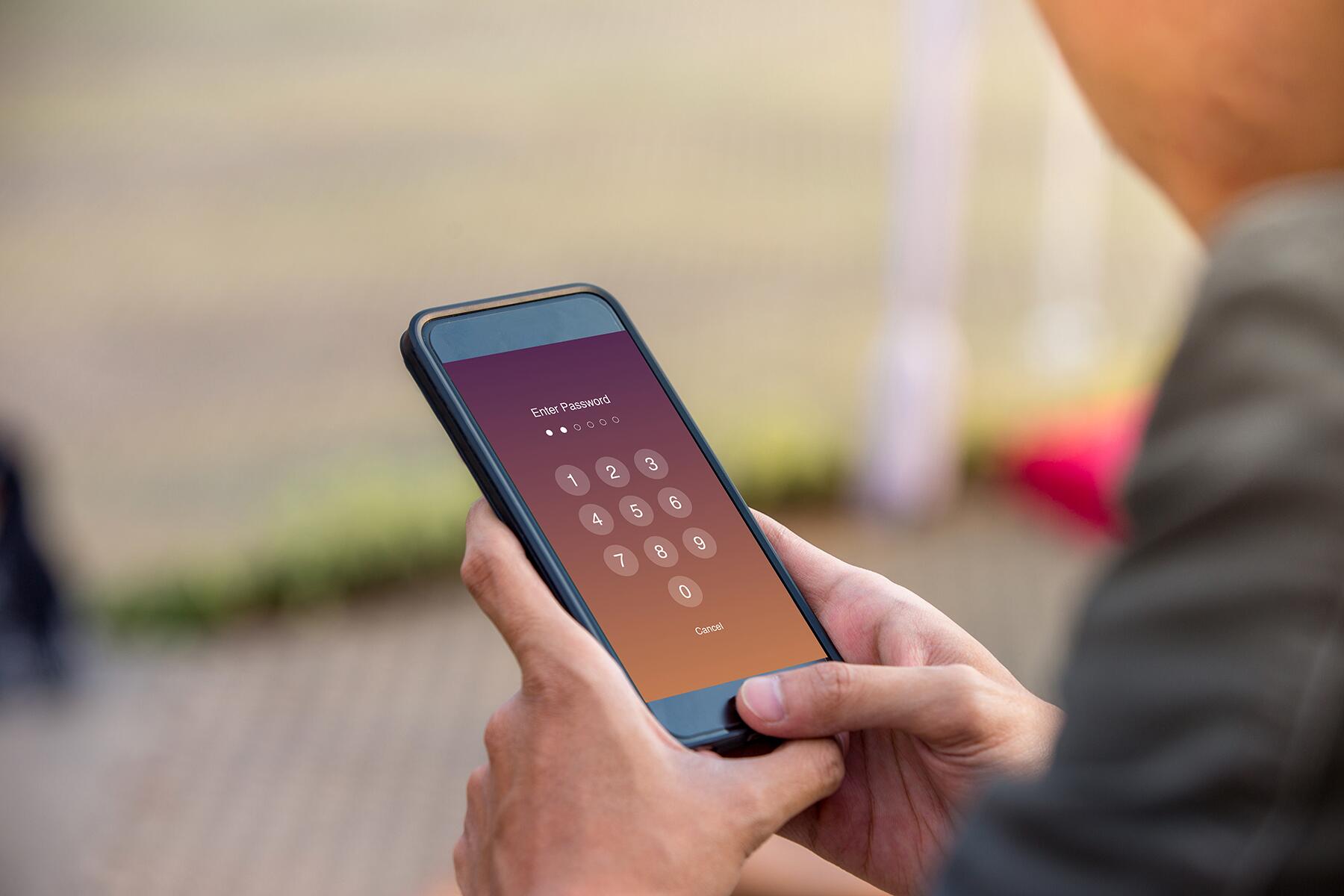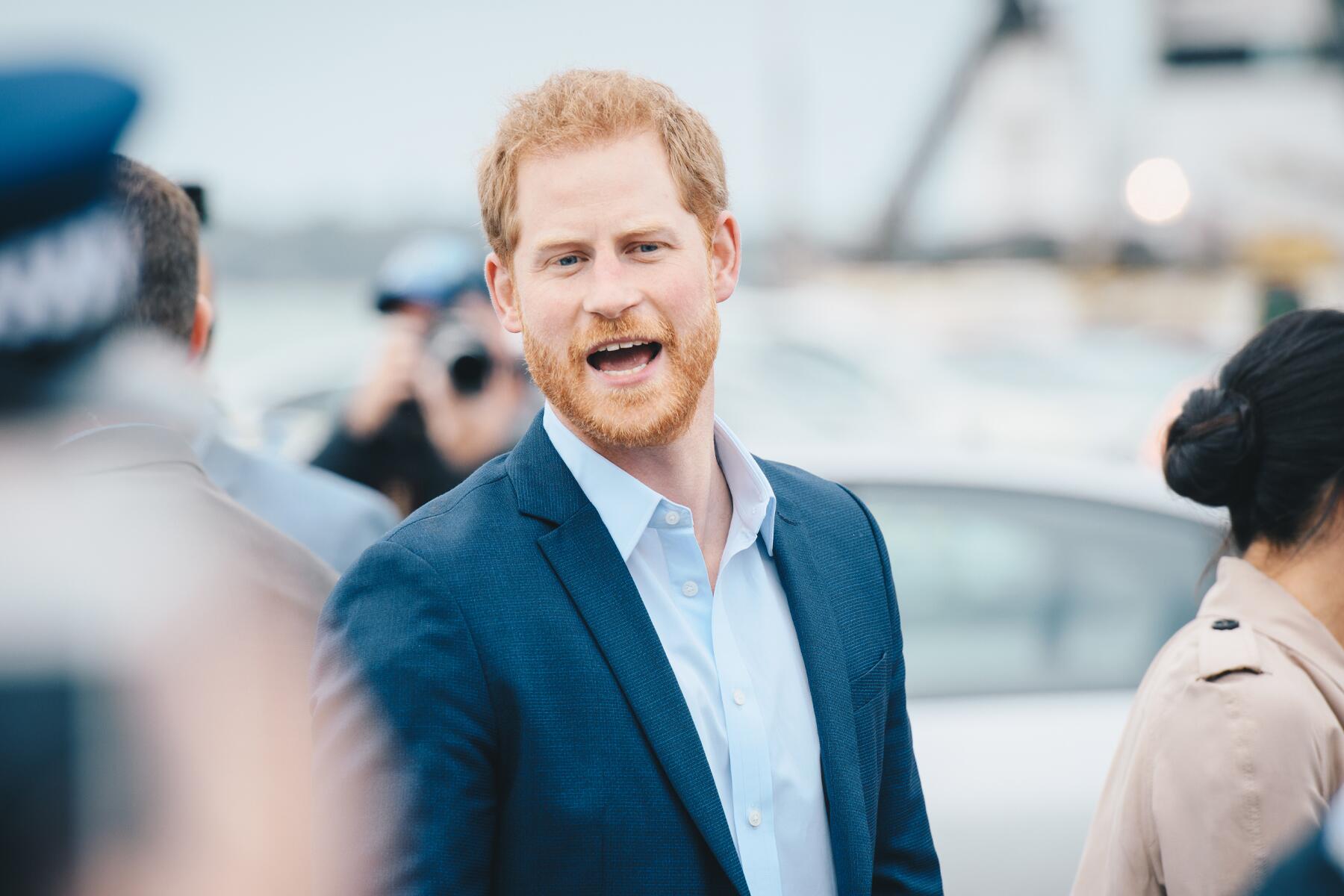
As of December 2014, legal travel to Cuba for U.S. citizens became easier for the first time in more than 50 years. However, it's not quite as easy as hopping a plane to your favorite Caribbean island, because the U.S. Department of the Treasury's Office of Foreign Assets Control (OFAC) oversees the rules for Cuba visits by Americans. Here are answers to frequently asked questions about Cuba travel.
Can I go to Cuba on my own just to lie on the beach and explore the country?
Not yet. The Cuban Assets Control Regulations (CACR) lists 12 categories of activities that are approved for travel to Cuba. They include family visits, official government business, journalistic activity, professional research, educational activities, religious activities, public performances, and humanitarian projects among others. The full list is available at www.whitehouse.gov.
Independent leisure visits such as staying at a beach resort are not approved activities. However, if your planned activities in Cuba meet the criteria in any of the 12 permitted categories, you can obtain a general license from OFAC by signing an affidavit stating the intent of your visit; you no longer need to apply for a specific license for each category. The Treasury Department's website provides full descriptions of what constitutes approved activities for each category. For the most part, they are common-sense definitions. Writing about Cuba on a blog won't qualify as “journalistic activity.” Family visits must be with a close relative, defined as “any individual related to a person by blood, marriage, or adoption who is no more than three generations removed from that person….”
Recommended Fodor’s Video
What is People-to-People Travel?
These are cultural exchange visits (which satisfy the educational category of the permitted activities). You can travel to Cuba under this category by yourself or with a tour operator licensed for Cuba travel. If you go by yourself you are required to maintain a full-time schedule of activities that produce “meaningful interaction between the traveler and individuals in Cuba,” according to OFAC language. However it's unclear how you would prove this was the true purpose of your trip, should you be asked. Until restrictions are further eased, licensed tour operators not only provide the surest way to travel in full compliance with U.S. law, but also the deepest exploration of Cuba and its people. With groups of 20 people or fewer, their itineraries are quite immersive—packed with cultural activities and lectures as well as visits to schools, artists' studios, and cooperatives. Accommodations, food, guide services, in-country transport, and flights from Miami are included; however, the flights from Miami are for the time being on charter flights, which come at a premium. Getting to Miami is at your cost. Tour operator trips can range from $2,500 to $6,000 a week. For more information, read about Cuba's best tour operators.
What are the flight options from the United States?
On December 17, 2015, the U.S. State Department announced an agreement between the U.S. and Cuba that will allow commercial flights between the two countries to resume for the first time in more than 50 years. American, Delta, JetBlue, Southwest, and United Airlines are among the first large carriers seeking to establish commercial service to Cuba in 2016. Precisely when travelers can begin booking directly with the airlines or through online travel aggregators and agencies is uncertain because the Federal Aviation Administration needs to ensure certain safety regulations are in place. Industry experts are hopeful that regular commercial service will begin by mid-2016 or sooner. Until such time, the only available air service from the U.S. is via charter flights on carriers such as Jet Blue and ABC Airlines.
What about flight options from other countries?
Non-U.S.-based commercial airlines fly to Cuba from many destinations. Americans who meet the OFAC travel requirements can arrange to fly commercial through a third country, such as Canada, Mexico, Panama, or the Cayman Islands—an option that can often be less expensive than taking a charter flight. Some U.S. travelers without OFAC authorization fly to Cuba this way for a leisure visit, but keep in mind that your passport will be stamped by Cuban immigration, so U.S. authorities can see that you've been to Cuba. Although very few people have been prosecuted in recent years, the penalties that are currently on the books are hefty. According to OFAC's Cuban Assets Control Regulations: “Criminal penalties for violating the sanctions range up to . . . $250,000 in individual fines.”
What's the Cuban currency and can I use a credit card?
Cuba uses a dual-currency system. Cubans use the peso (CUP) to purchase everyday goods; visitors use the convertible peso (CUC), which has far greater value than the CUP. The international exchange rate is $1 CUC = $1 USD; however, there is a 10% penalty charged when exchanging U.S. dollars, and a 3% currency exchange fee. U.S. dollars are not accepted for payment, and Cuban currency is not traded internationally, so you must buy CUC in Cuba. The best places to exchange U.S. dollars for CUC are at a CADECA (a government exchange bureau) or at a Cuban BFI Bank. The main branch of CADECA is in Havana on Amargura near the Malecón, but there are also branches at airports, many resorts, and town centers throughout the island. You can often exchange at hotel front desks, but you will often receive a lower exchange rate. The Cuban government says the controversial dual system will come to an end, but the time is yet to be determined .
Longtime restrictions on U.S. credit cards in Cuba are being lifted, with Visa and MasterCard accepted as of mid-2015. American Express and Discover are coming online in the near future. With Visa and MasterCard, we recommend contacting your issuing financial institution to be sure that their specific cards are supported. Businesses are beginning to accept credit cards, but many are not set up for it, especially outside Havana, so it's always a good idea to have CUC. (See Money Matters in Travel Smart for more information on currency and credit cards.)
Is it true I can bring Cuban cigars and other goods to the United States?
If OFAC-approved for travel to Cuba, Americans can now bring back up to $400 worth of souvenirs, including $100 worth of cigars. However, quality Cuban cigars can sell for $25 each, so that $100 does not go far. Note that Cuban cigars sold in other countries, such as Canada, are still banned from import to the United States.
Can I take a cruise to Cuba?
Yes, though only a handful of comapnies are eligible to bring Americans to Cuba by ship. For more information, read Everything You Need to Know About Cruising to Cuba.
As U.S.-Cuba relations develop, travel rules will continue to change. Before you plan your visit to Cuba check the U.S. Department of the Treasury website for complete, current information.


